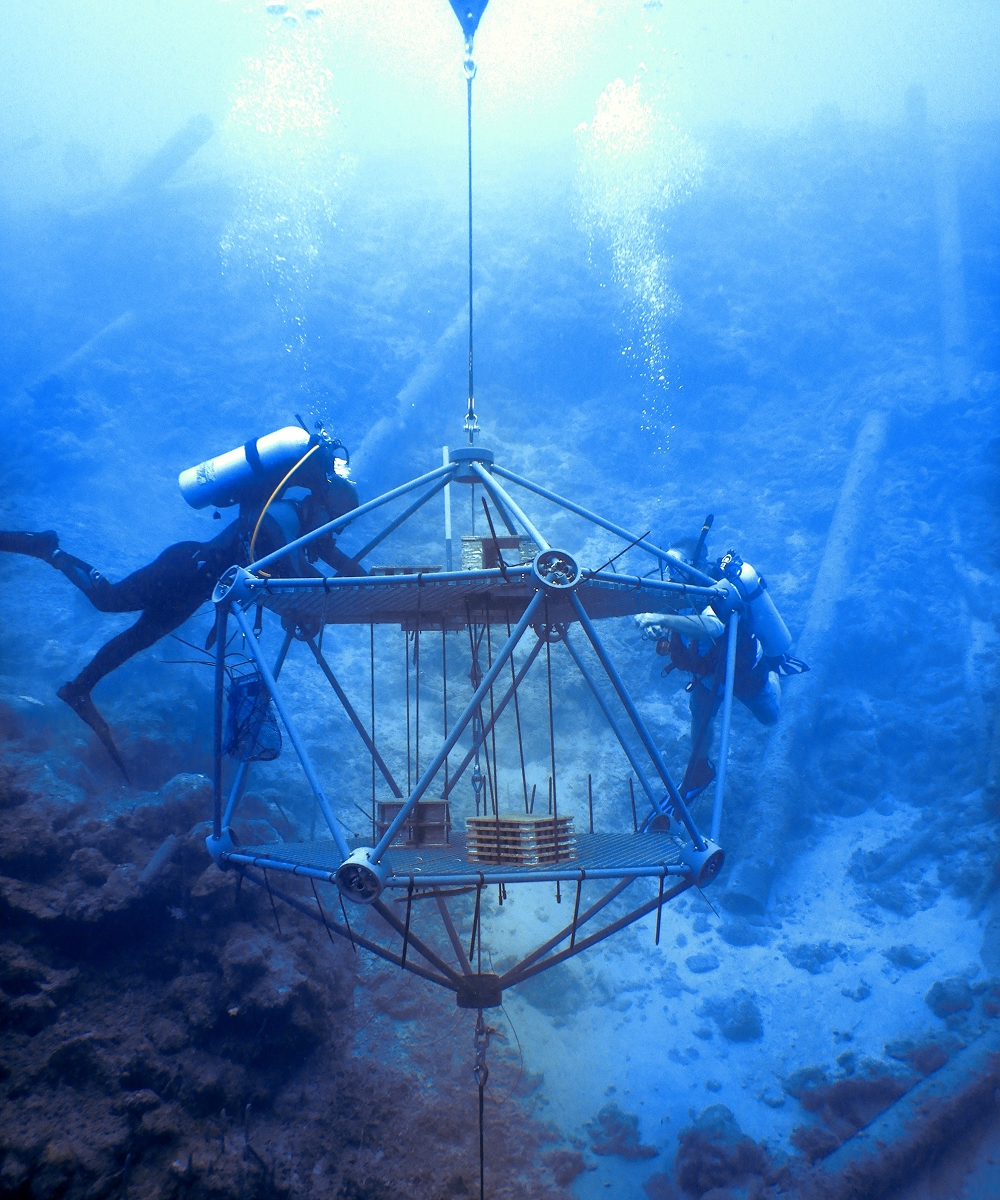Coral Reef Microbialization and Viralization Shape Ecosystem Health, Stability, and Resilience
Microbes mediate the flow of organic carbon through aquatic ecosystems, and the structure of microbial communities is linked to ecosystem health and functioning. Globally increased inputs of organic matter (OM) over the past several decades have resulted in widespread degradation and trophic simplification of aquatic ecosystems, including coral reefs. As ecosystems degrade, they become increasingly dominated by microbial biomass (usually enriched with potential pathogens) and energy use, a phenomenon termed microbialization. The enhanced microbial respiration of OM that underlies microbialization results in deoxygenation, acidification, and increased outbreaks of disease that, in turn, cause mortality of macrofauna and erode benthic structural complexity. In this chapter, we review the biochemical drivers and impacts of microbialization on coral reefs and discuss how microbialization is reinforced by biological feedbacks and global climate change. We also introduce the countering process of viralization and discuss how in situ experimental tools may improve reef health.



.avif)
.avif)